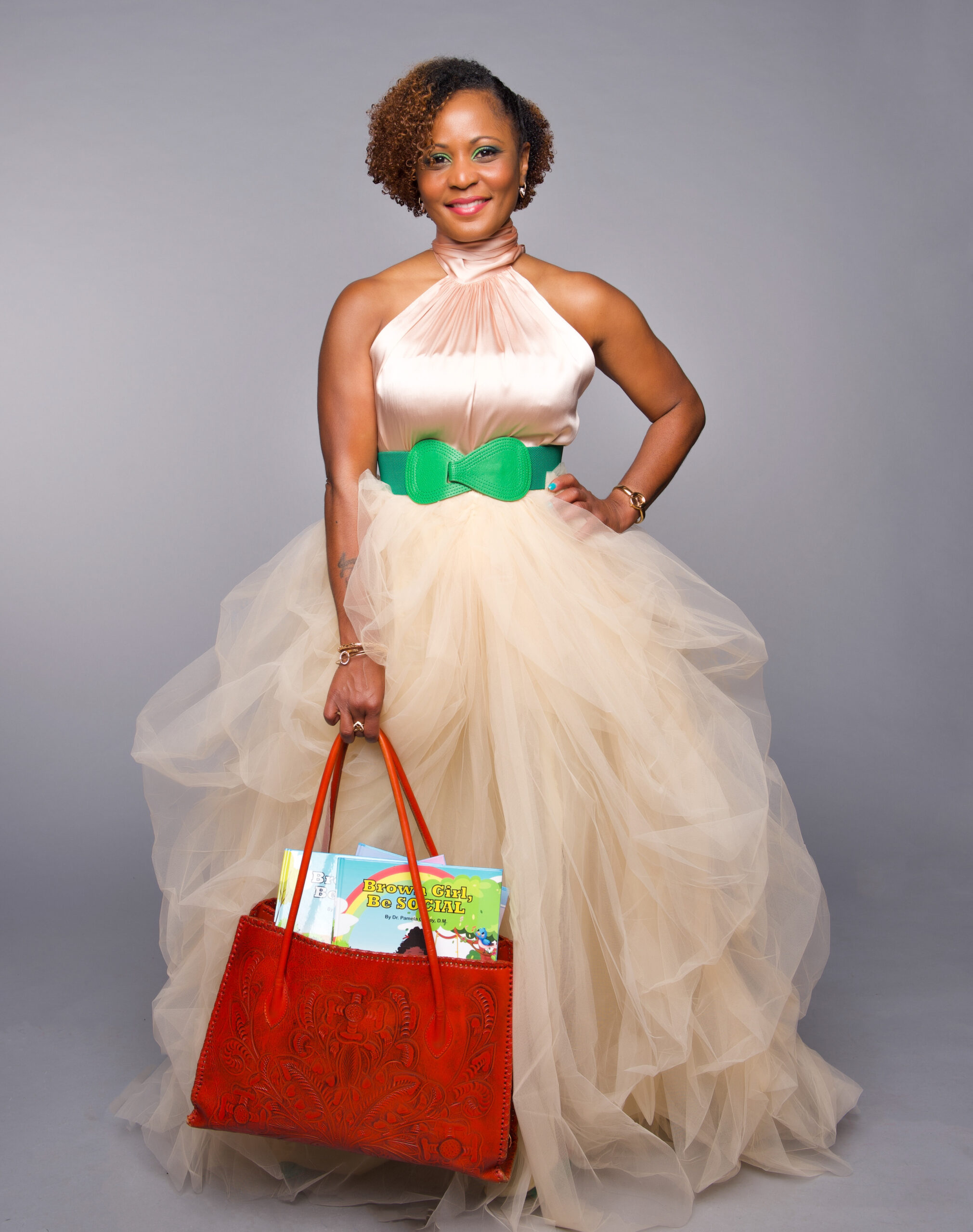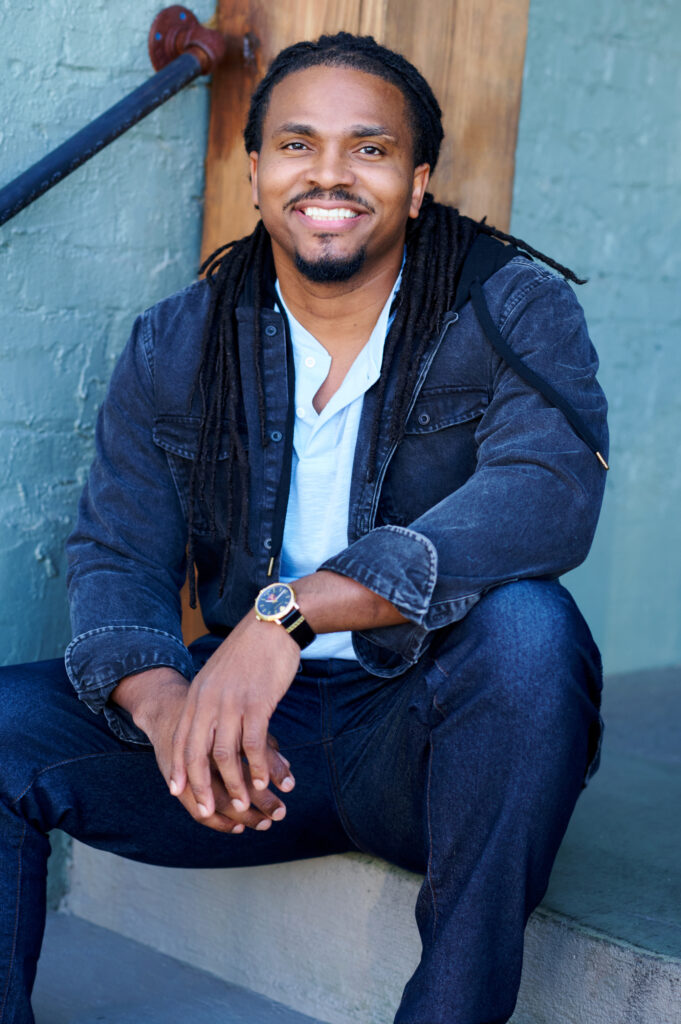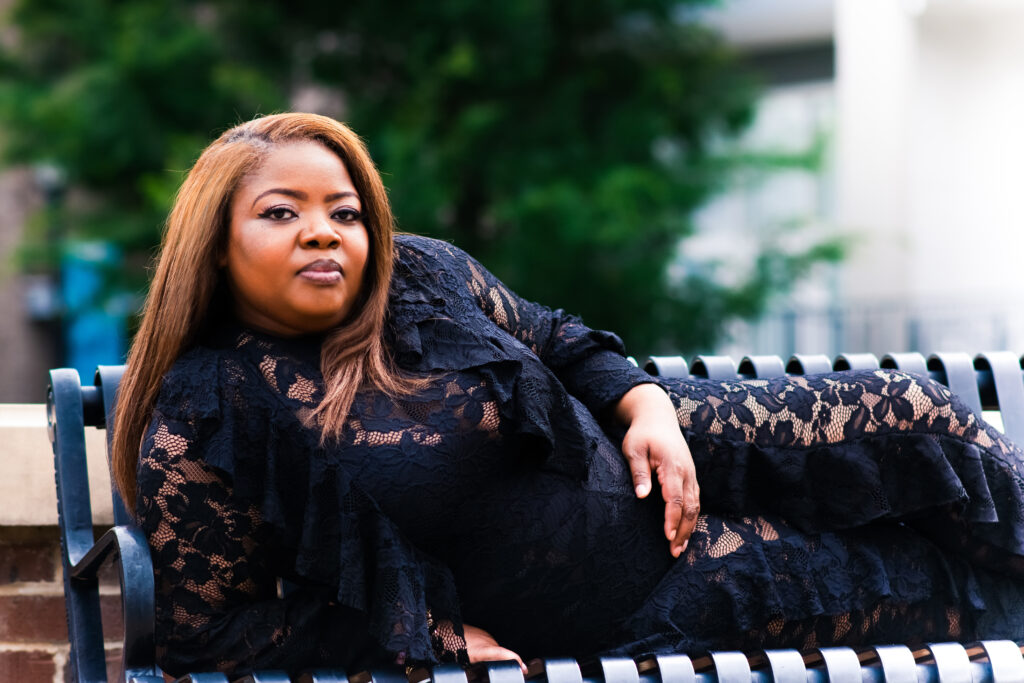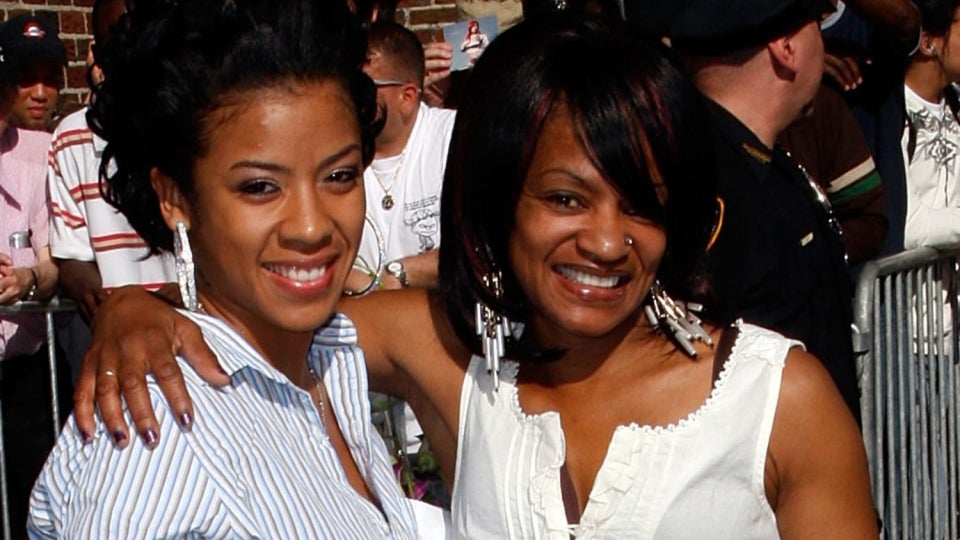As a retired United States Army Veteran, who holds a Bachelor’s in Psychology, a Master’s in Health Service Administration, and a Doctorate in Management, Dr. Pamela Gurley has taken all her knowledge and dedicated her life to enriching others. The CEO and Founder of numerous companies, has positioned herself as a contributor to people ready to live an unapologetic wholesome life. Her empowering motivational creative writings, along with speaking engagements, and media platforms has given quite a lot of people the ability to keep pushing forward.
The Author was kind enough to sit with FEMI Magazine to share with us her thoughts on her book “I am Not a Stereotype”, negativity to black women/self-love for black women and so much more.
In your book, “I Am Not a Stereotype” you speak on how mentally taxing it is to be a black woman in America. Tell us more about the book and why you feel there is a lack of support and respect for black women in America.
I Am Not a Stereotype: I Am H.E.R is a book about accepting and living in my truth as a black
woman and what it means to me from a place of authenticity. It is about knowing I am imperfect
and loving every part of it. It is also about overcoming toxicity and accepting my responsibility
for protecting others over protecting myself. I wanted to share my journey, thoughts, and
perceptions with the world to show how easy it can be as a child to be socialized by false
narratives and how toxic it can make a person who wants to belong or fit in. The way it is written
is conversational and allows others to have their own introspective journeys through my
experience and perceptions.
I didn’t write my book because there was a lack of support or respect for black women in
America (though there is). I wrote my book because black women are so undervalued and
unrepresented, and to some degree, we have to look at ourselves first to understand why. We
are taught we have to be strong and protect everyone. But who protects us? That way of
thinking is why our community is so toxic, broken, and still healing. We don’t know how to be
supportive because we act as if we don’t need anyone else. We need each other! That is the
first level of support that we lack and also why we lack respect.
How do you silence the outside noises of negativity about black women?
I don’t believe there is a way to silence what exists; nor do I believe silencing the outside noises
should be ignored. I do believe you can choose to not subscribe to it. “Noise” is inevitable in a
world with racism, socialism, classism, discrimination, colorism, lack of equity…or everything
else that exist that makes it difficult to a black woman. I can speak up about it, I can write about
it, I can ignite conversations about it, and I also ensure I set an example to others rather than
perpetuate false, stereotypical behaviors.
How do you feel about the angry black woman images that have been portrayed in the
entertainment world? How can black women change the narrative?
I honestly don’t feel one way or the other about it anymore. The whole “angry black woman”
stereotype is such a falsified characteristic placed on every black woman that being offended or
annoyed is a waste of energy. Everyone gets angry. It is a natural emotional response we all
have a right to own. White men have been far angrier for years than any black woman I know,
yet they don’t get classified or stereotyped as anything derogatory or belittling.
The narrative can be changed by protecting what resonates outside of our community. What I
mean by that is, black men not degrading black women to other races or to one another, that
black women protect and stand up for other black women who are ill-spoken about, and that
everyone recognize and normalize that black women are entitled to be angry if and when
warranted just like everyone else in this world.
You teach black women that they need to heal, get real, forgive and learn to sit on their
pedestals. Explain the process towards healing from painful relationships and experiences so they can wear their crowns?
A woman sitting on her pedestal is not about her wearing a crown (per se). The pedestal
philosophy is about not allowing yourself to be placed on anyone else’s pedestal (not a man,
parents, or child’s). It is about ALWAYS sitting on your own.
When you place someone on a pedestal, you are holding someone to an unrealistic standard or
expectation of perfection (and vice versa). It is saying that you are not able to live up to that
expectation, so you expect someone else, too. It is a breeding ground for personal toxicity and
toxic relationships. Healing to get to where you sit on your pedestal is about recognizing a very
transparent and holistic level of awareness, self-confidence, and imperfect humanness.
How can black women learn to love themselves in a world where they are constantly compared to other races when it comes to beauty and it’s often said black women are the least to be chosen for marriage?
I don’t believe anyone “learns” to love themselves. I do believe (and feel) we are “conditioned”
not to. We are socially & subliminally exposed to music, television, and other forms of media
that criticize our physical features, actions, and characteristics that affect the way we see
ourselves. So, how black women can “learn” to love themselves is to expose themselves to
more accurate forms of black representation (entertainment, media, & music). It also goes back
to women sitting on their pedestal because that means authentic self-love and self-acceptance.
And honestly, I don’t feel we are “compared” to other races. I do feel other races desire to be
like us so badly that it has changed what is considered a physical standard of beauty (which to
me, made black women hate themselves even more). Cultural appropriation is not new. And
neither are other races that degrade black features, yet pay to have them (lips, butts, etc). Now,
it’s as if it’s a racial competition of who can have the biggest butt, longest hair, slimmest
waist…{sighing}. And I don’t feel we are least likely to be chosen for marriage. I feel that is being said more
recently about us because black women are choosing not to settle or choosing careers first and
relationships second. Personally, I feel a woman who is professionally, mentally, and emotionally
successful AND single by choice intimidates a man who is not spiritually aligned with her
greatness so they want to find things wrong with black women to make themselves feel better.
Here again, we need to be mindful of what resonates outside of our community.
For more information be sure to connect with Dr. Pamela Gurley on Social Media and check out her book “Brown Girl, Be Social”.
Image Credit: DeAsia Photography
Follow Us On Social Media!



